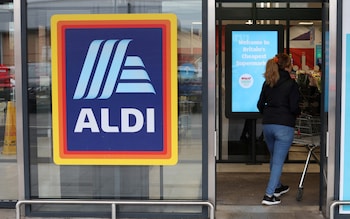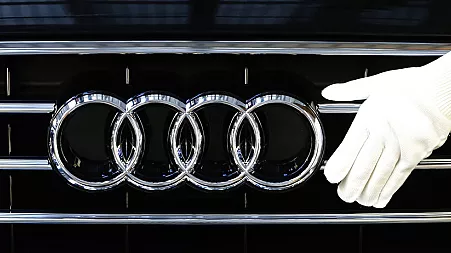Almost 2m self-employed workers face a pensions crisis unless they urgently start to save more, the Institute for Fiscal Studies (IFS) has warned.
Just 500,000 self-employed people earning more than £10,000 a year are paying into a pension at all, according to the IFS, with 1.8m failing to do so.
It represents a collapse in savings rates over the past 25 years. Back in 1998, almost two thirds of the self-employed saved into a pension.
Most of those who work for themselves have never paid into a pension.
It means that three-quarters of the self-employed can expect to retire on an income of less than £15,000 per year including their state pension, according to the report from the IFS and the Abrdn Financial Fairness Trust.
At current savings rates, 55pc of the self-employed will have no private provision at all in their retirement, the report found.
A typical self-employed person aged between 25 and 34 can get back on track by saving 9pc of their income per year, while someone in their 50s would need to put aside 18pc to try to achieve an adequate income in retirement.
David Sturrock, an economist at the IFS, said the Government should consider either prompting the self-employed to invest in a pension as part of their tax return or automatically enrolling them into a pension unless they opt out.
He said: “Policymakers have two key options to help the self-employed save for retirement. Both build on the fact that self-employed people have to fill in a tax return at the end of each year.
“Using that system, the Government could either get the self-employed to make an active choice over whether to save into a pension or Lifetime Isa, or enrol them automatically into a long-term savings plan, which they could opt out of.
“Either way would reduce the hassle cost that self-employed people face when looking to save for retirement.”
The share of private sector employees with a workplace pension has soared from just over 40pc to more than 85pc since 2012, driven by the introduction of auto-enrolment where employees are automatically signed up unless they opt out.
However, the self-employed are not covered by this scheme.
Mubin Haq, the chief executive of the Abrdn Financial Fairness Trust, said it takes time for pension changes to take effect so the Government should act as soon as possible.
He said: “The self-employed make up an increasing share of the UK’s workforce but far too many are on track to have a poor retirement. More than half have no private pensions savings.
“Auto-enrolment was a sea-change for employees, rapidly increasing the numbers saving into a pension. We now need to use similar methods for the self-employed to actively nudge them into thinking about their financial futures.”
Another option should be to encourage the self-employed to increase their pension contributions over time to avoid being eaten away by inflation, the report urged.
The IFS report said: “To help self-employed people who are saving in a private pension save a more appropriate amount, the defaults on direct debit contributions should be changed. At the moment, contributions typically remain fixed in cash terms.
“A range of options for automatically increasing contributions each year should be provided, perhaps with a default of rising in line with the consumer prices index.”
This would bring private pensions closer to the system for the state pension, which rises each year with the triple lock. This increases the benefit payment by the highest of inflation, average wages of 2.5pc.
Next April’s increase is expected to match wages, with July’s increase – to be published on Tuesday – predicted at around 4.1pc.
A DWP spokesman said: “We welcome this report and will carefully consider its findings and conclusions in connection with our review of the pensions landscape to improve retirement outcomes and investment in the UK economy.”
Disclaimer: The copyright of this article belongs to the original author. Reposting this article is solely for the purpose of information dissemination and does not constitute any investment advice. If there is any infringement, please contact us immediately. We will make corrections or deletions as necessary. Thank you.



